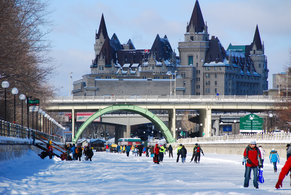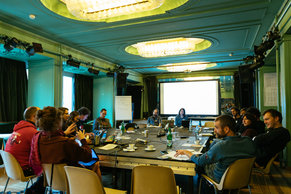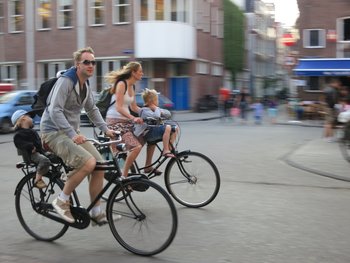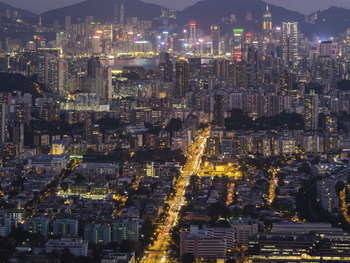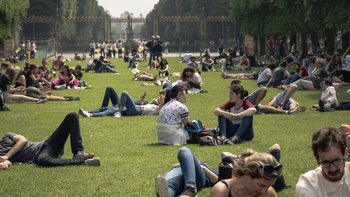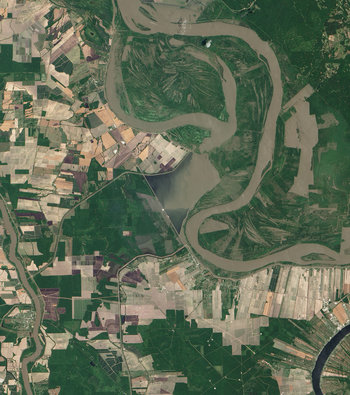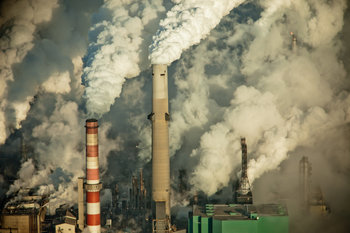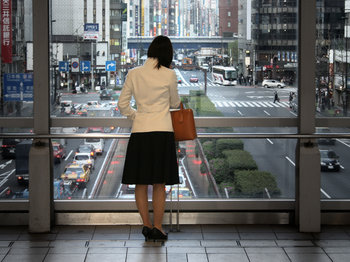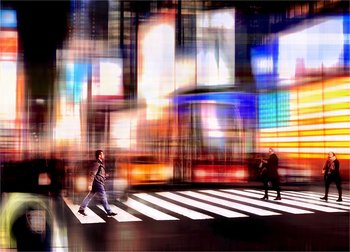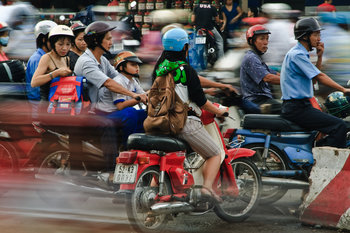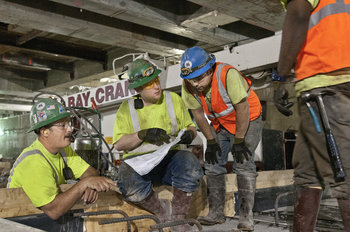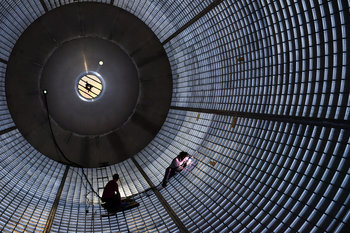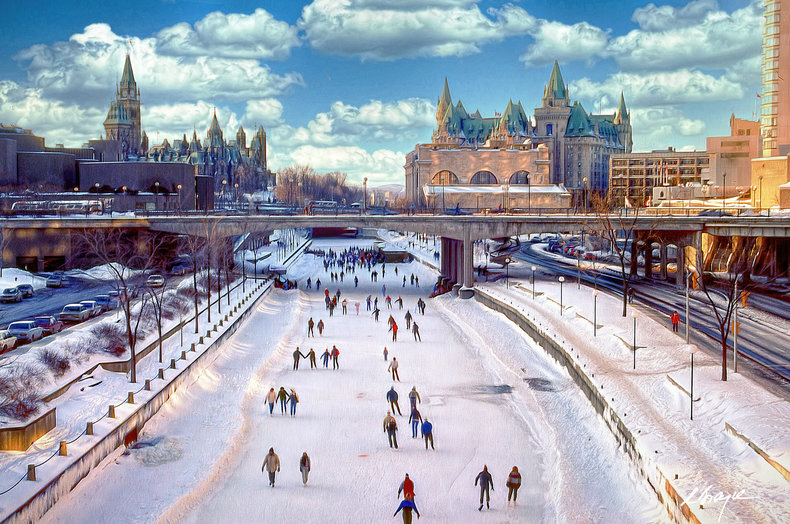
Blue spaces and access to rivers and lakes | Bridges |
Canals | Clean air |
Clean water | Disaster relief |
Disaster response | Drinking fountains |
Emergency services | Emergency services |
Emergency shelters | Endangered species protection |
Environmental protection | Farmers markets |
Fire protection | Flood control infrastructure |
Green spaces | Harbors |
Law enforcement and rule of law | National defense |
National parks | Nature conservation and animal welfare |
Playgrounds | Public animal shelters and rescues |
Public art | Public beaches |
Public bike racks | Public boat docks and launches |
Public broadcasting | Public campgrounds and picnic areas |
Public education | Public forests |
Public gardens | Public healthcare |
Public information | Public infrastructure |
Public libraries | Public marinas |
Public meeting spaces | Public monuments and memorials |
Public museums | Public nature areas |
Public parks and trails | Public performance spaces |
Public piers | Public playgrounds and fields |
Public recreation centers | Public restrooms |
Public space | Public sports and recreational facilities |
Public swimming pools | Public transportation |
Public wifi | Public zoos and aquariums |
Recycling programs | Recycling services |
Roads and bike lanes | Sidewalks |
Street lighting | Traffic control |
Waste management | Wildlife conservation areas |
Government Services
Generally speaking, public goods are provided by governments. This is one of the primary purposes of government. Public goods include government services such as education. It is also common for governments to have laws and regulations that defend public goods. For example, a right for the public to access all the beaches on a coastline or island that makes these resources non-excludable.Public Bads
Public bads are negative things that effect everyone such as air pollution. These are also non-excludable whereby nobody can completely avoid some type of negative exposure to them.Notes
As an economics term, goods must be strictly non-excludable and nondepletable to be considered public. For example, a public restroom has a capacity or could run out of supplies. However, it is also common to take the more pragmatic view that restrooms with sufficient capacity and operational support are effectively there for anyone who needs them such that they can be considered public goods.| Overview: Public Goods | ||
Type | ||
Definition | Value that is non-excludable and nondepletable such that it can be used by the entire public. | |
Related Concepts | ||

